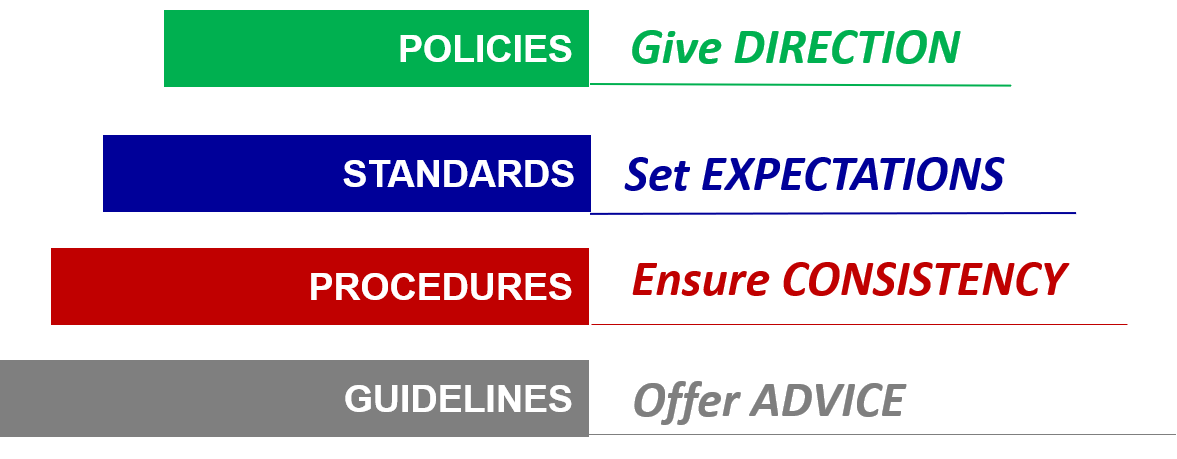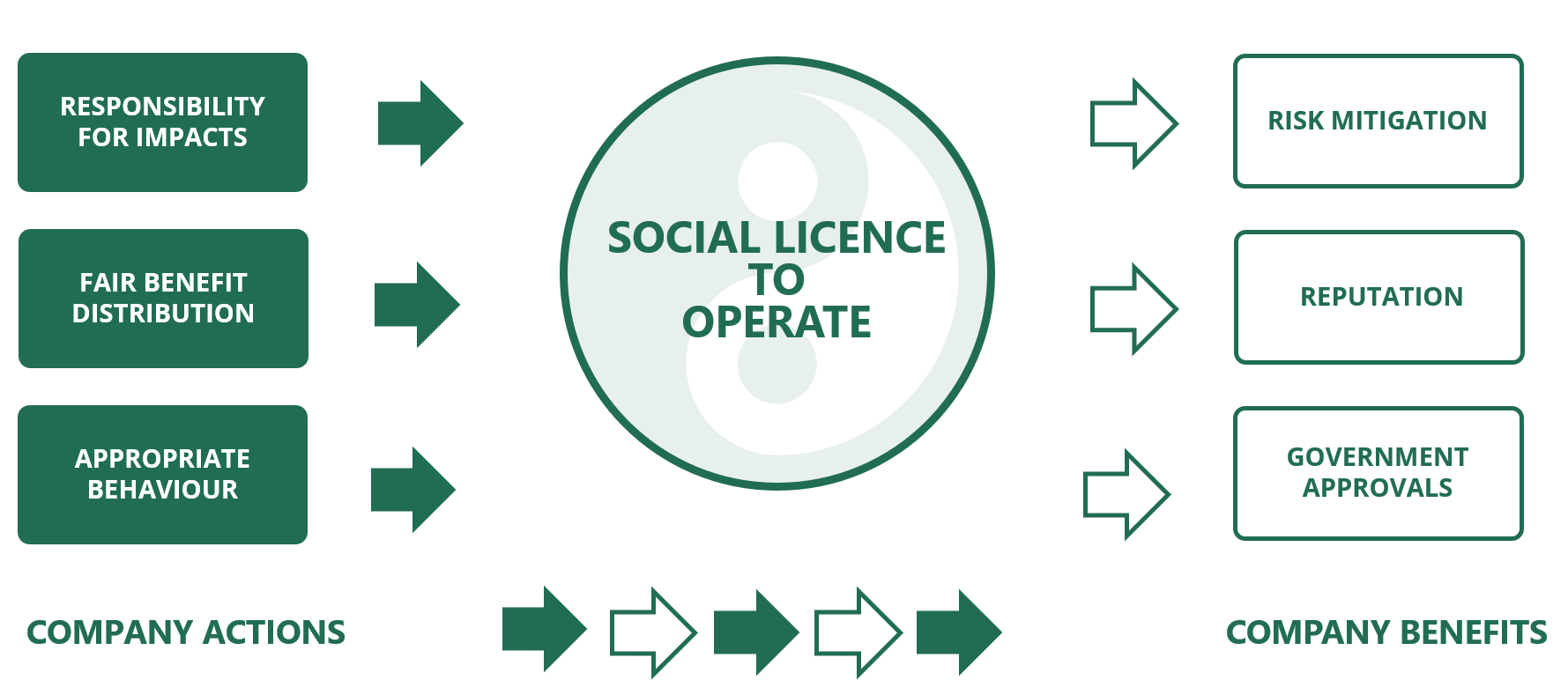Guide to Company Conduct
WHY COMPANY CONDUCT MATTERS:
Every employee and contractor is an ambassador of your company and every action – good or bad - is reflected back on you. The reality is that all company activities and all employee and contractor actions will collectively have either a positive or a negative impact on the local community. It almost goes without saying that having a positive impact will be better for your business. This means you need to apply the same focus to your behaviour as you do to every other part of the business. Good behaviour it is as important as a well designed project, commitment to minimising accidents and injuries and actively managing costs.
|
WHAT TO DO:
|
HOW TO DO IT:
|
| Leadership Commitment |
- Walking the talk might sound a bit cliched but it is critical to building the right culture. If the leadership team does not show the way, all day, every day, it will be a struggle to establish your credibility;
- Maintain regular and ongoing interaction with all levels of the workforce. Townhall meetings, toolbox talks and social events are all easy opportunities to share information and insights. Pay particular attention to consulting with local employees (see “what else” in the consultation quick guide for ideas);
- Check regularly with community opinion leaders about the behaviour of your staff and contractors. Investigate any acts they consider to be offensive or inappropriate and take the necessary remedial action. Also, make sure you keep them informed of any outcomes.
|
| Aim for high standards |
- Develop and communicate clear guidelines for what is and is not acceptable;
- Ensure all staff and contractors are aware of, and understand, your expectations;
- Aim to reward good behaviour rather than focussing on punishing bad behaviour, but also include meaningful penalties in employment and service contracts for serious or repeated breaches of the guidelines;
- Put a good cross cultural training course in place, make it mandatory for all staff and contractors and use toolbox talks to keep behaviour on the radar.
|
| Establish a governance structure |
Be clear about how the structure works:

|
WHAT ELSE YOU CAN DO:
Interacting with your local communities: Communities in most places say that one aspect of establishing good relations with a company has to do with seeing real people. When managers and other company staff are seen around town, walk comfortably through villages and along streets, sit in cafes and have a chat with local people or stop to talk and ask about how things are going, community members are appreciative. These actions are translated as being neighbourly, respectful and trusting.
We all see the world differently and it is very easy for intentions to be misunderstood. A common cause, some say it is the most common cause, of breakdowns between companies and communities is the failure of one or the other or both to deliver on commitments that have been made or that are perceived to have been made. Unfortunately, it is very easy for intentions to be misunderstood. Phrases like ‘I will think about it’, ‘I will discuss that with my boss’ or ‘I’m sure you will benefit from us being here’ can easily be taken out of context and considered to be a promise. There are a few tried and tested actions you can take:
- Think about the words you choose to use before you open your mouth;
- Avoid putting yourself in situations that require impulsive answers;
- Only give answers you are certain about;
- Check you have been understood by the other person; and
- Explain what your company defines a commitment to be.
Addressing bribery and corruption: It is important that standards and expectations are set from the outset and that staff and local stakeholders are educated as to why the company has zero tolerance for bribery and corruption. It is equally important that the company put in place systems that minimize the opportunity for illicit payments to be made. These range from policies, a code of conduct and guidance, rigid application of easily-understandable and widely-shared criteria for hiring, purchasing and donating, through to separation of duties – particularly in the areas of procurement and hiring, minimising cash payments as far as practically possible and routine audits.
Keep the level of security aligned with the level of threat:
- Keep protection and symbols of protection to the minimum possible;
- Where possible work with private security providers as you have much more control over their actions than if using government agencies;
- Make sure that public service providers (police, military) are met with on an ongoing basis. Establishing a relationship makes it easier to call for restraint in crisis situations.
- Follow the guidance of the Voluntary Principles on Security and Human Rights and assess risks posed by the security arrangements; and
- Heed these wise words of experience: Deployment of public security forces to company facilities can have only three results, two of which are counterproductive. First, the public security forces take appropriate action to maintain law and order as expected – a good consequence. Second, the public security forces are ineffective and idle, taking up resources without making any useful contribution – not good for a number of obvious reasons. Or, third, the security forces act in an inappropriate way, causing unnecessary harm to the company and others – obviously very undesirable; and most importantly - the best security asset is a strong community relations program.









